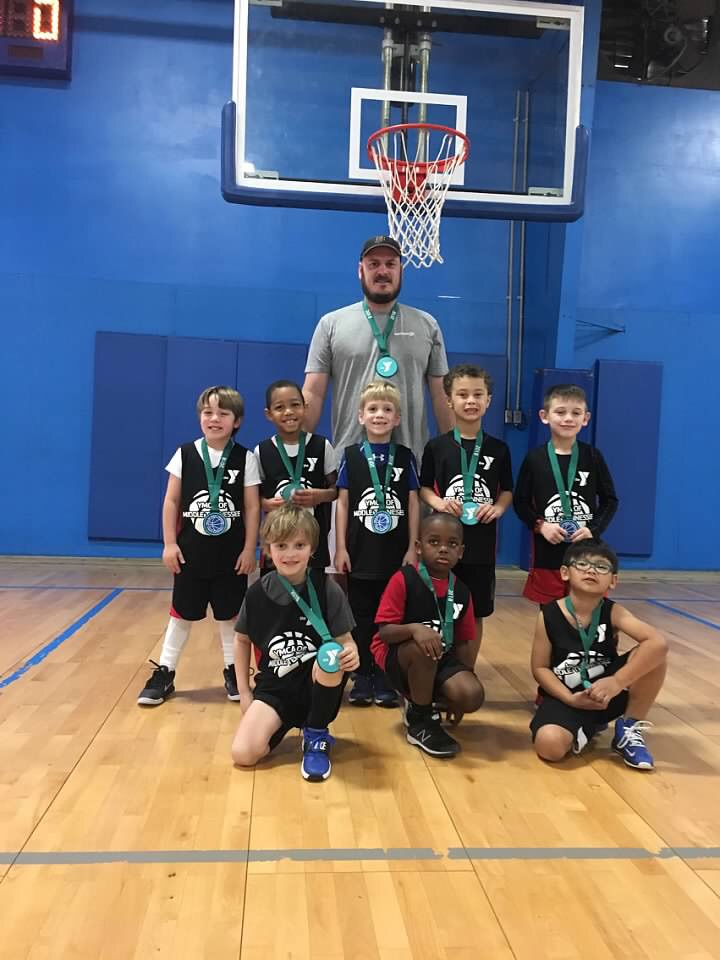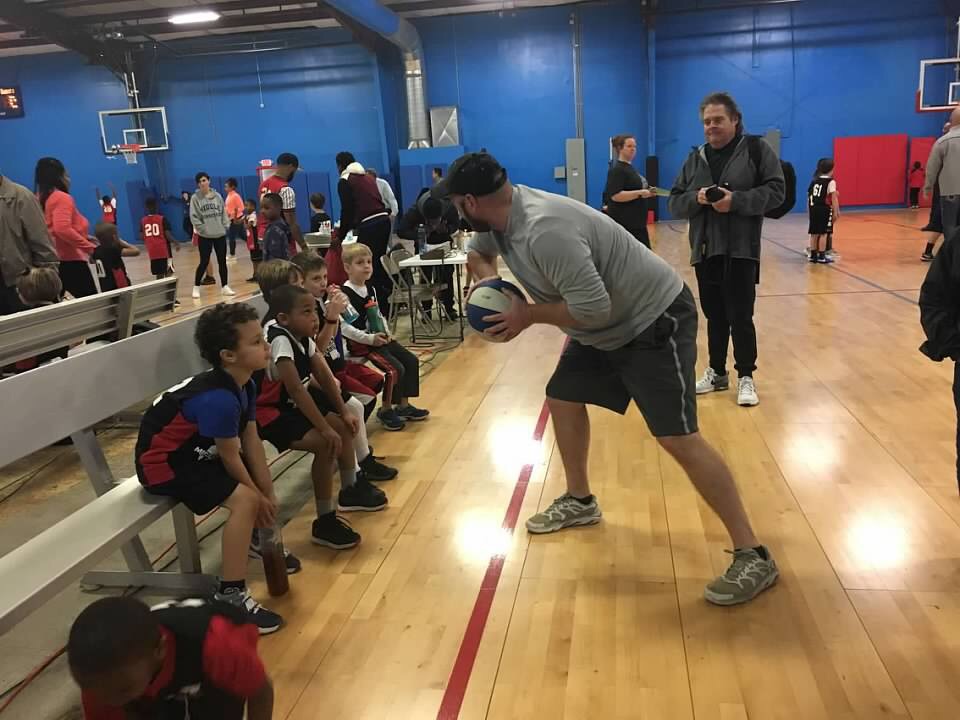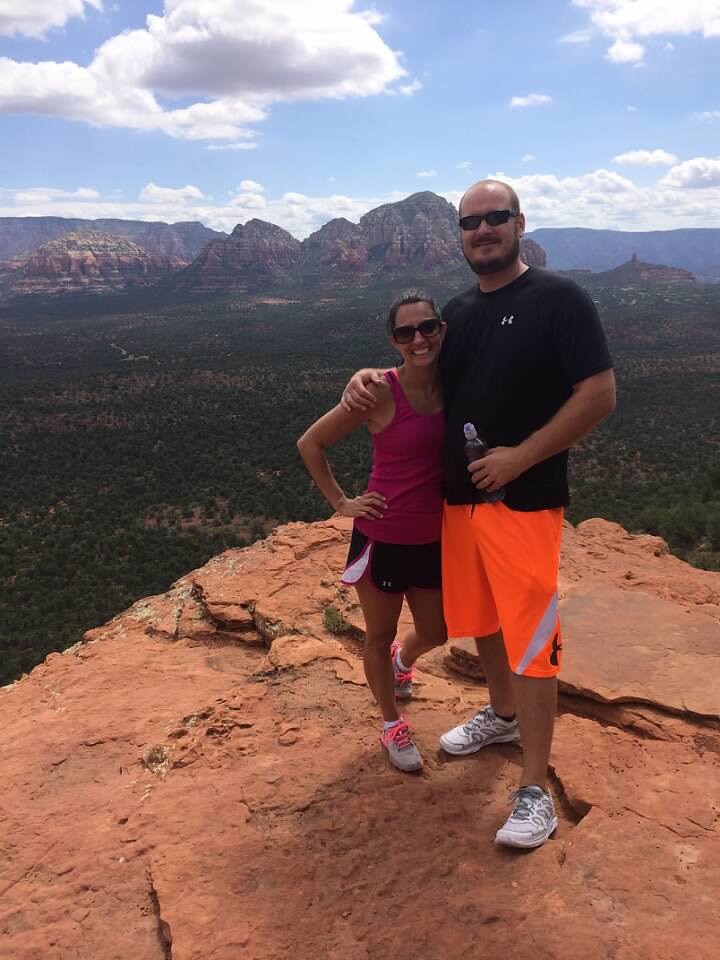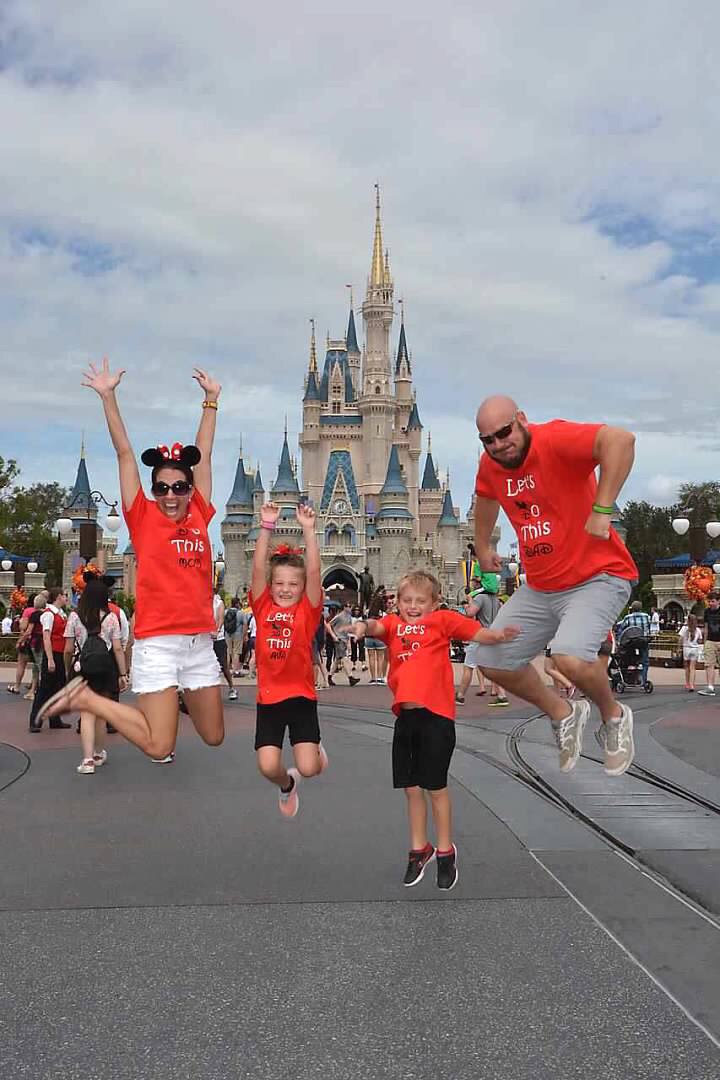AT SPOTLIGHT
Josh Ezell
Years Certified: 17 years
Current Position: STAR Physical Therapy: Functional Capacity Evaluator, Industrial Medicine
Why Athletic Training: Initially, sports! Along with an interest in the injuries that come with sports, the opportunities for rehab were equally as enticing.
Fun Fact: Got to work with Golden Tate (WR for the Philadelphia Eagles) and David Price (Pitcher for the Boston Red Sox) as a High School Athletic Trainer
Favorite Aspect of Athletic Training: Relationships that are made with young athletes and patients and being able to help people in a time of need
Education: Middle Tennessee State University
Mentors: Dr. Tom Johns, George Camp, John Purdy, Sam and Brenda Ezell, and God
Journey to Becoming an Athletic Trainer
Josh Ezell hasn’t always worked solely in the industrial setting completing Functional Capacity Evaluations for STAR Physical Therapy. Before Josh completed FCE’s full time, he was also an athletic trainer at a high school. Josh took pride in being a high school athletic trainer and being able to see young men and women grow into young adults.
When asked why he left high school athletic training to work primarily in a clinic and complete FCE’s, Josh stated that this role allowed him to be more present at home at nights and on weekends when he and his wife decided to start a family. He knew that he didn’t want to be away from his kids most nights and weekends, and moving into a clinical role with STAR would allow him to have a more traditional “9:00-5:00”, 40 hours a week job. He says that making this move also allowed him the opportunity to work with a different category of athletes and help a different population return to their daily activities and ability to work.
For those of you who are not familiar with FCE’s they are tests that assess an individuals ability to participate in work. The FCE’s are conducted to help many referral sources, doctors, insurance companies and attorneys to close a claim. It assists with formulating impairment/disability ratings and restrictions. Josh explains that in the industrial setting, he provides a service of preventative care in which he analyzes the job rotations and speaks with associates along previous claims to determine what repetitive injuries would be seen most often. He then formulates a stretching and gentle strengthening exercises program that is implemented into part of the company’s yearly safety training to reduce the likelihood of those claims.
While onsite, he will evaluate those that are struggling with chronic or even acute issues and try to provide assistance to those individuals before having to refer them out to a different healthcare practitioner. He does say that there are sometimes obvious red flags that need to be referred out, and if that is his recommendation, a decision is made. Ultimately, Josh serves as the first line of defense in reducing claims, thus reducing the cost of lost time, treatments, etc. that the company may have to bear if its’ employees become a recordable claim. He compares his job in the industrial setting to a high school athletic training room! It is screening individuals for their “sport”, providing preventative programs, and then managing and “returning to play” based on a functional screen - just with a different type of athlete.
Most Memorable Moments
Josh recalls a time early in his career, before making the switch to Industrial Medicine, when he was still an athletic trainer in a high school. He remembers rehabbing a young high school athlete that could not afford physical therapy services. The athlete had suffered a Jones fracture and was back to playing within five weeks of the initial injury. That night, on his first game back, his second carry on offense, he ran for a 60+ yard touchdown. After that touchdown, he gave Josh the ball and gave him praise after the game to the local reporters. Josh recalls this athlete didn’t have a mom or dad at home to support him and a tough childhood, but was very humbled by and appreciative of the efforts made to help him succeed. This particular athlete then went on to play football at the college level.
Life Outside of Athletic Training
In his time outside of work, has a passion for hunting. He stays mostly around Tennessee, but will sometimes travel to the Midwest for pheasant/dove, turkey, deer and small game. Deer hunting is his true passion as well as conservation management of hunting properties that he has access to. With the land management, he helps increase the habitat for most wildlife with food plot implementation, growing trees, hinge cutting and over-seeding natural warm season grasses.
When he is not out in the woods hunting, he and his family enjoy Disney and visiting different water parks. He and his wife also take the kids to Michigan every summer where they camp. Having active kids also affords them the ability to travel for dance competitions, soccer, baseball, basketball and Taekwondo. He is also a coach to his kids through the YMCA and an association in Rutherford County as well as some high school coaching in the off season.
Impact on the Community
“Josh is wonderful. On top of being dedicated and exceptionally good at what he does, he’s also engaging and friendly and very welcoming. I love having Josh in the clinic and I know our patients enjoy working with him as well”
“Josh is a dedicated, conscientious, knowledgable, and professional trainer who is always willing to help when asked. He is able to make everyone feel comfortable, regardless of the situation, due to the manner in which he handles himself. He is a valuable asset to his patients, his community, his coworkers, and to STAR Physical Therapy. ”
“When Josh is working in your clinic you know it’s going to be a good day. His smile and corny jokes are enough to brighten anyone’s day! Believe it or not, some patients don’t love coming to therapy, but Josh makes the best of it and always stays lighthearted and gets the patients motivated. Josh’s work ethic and servant heart is very inspiring to watch and I feel so blessed to know him. ”








